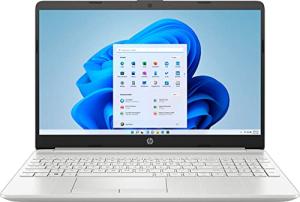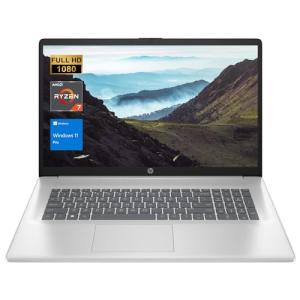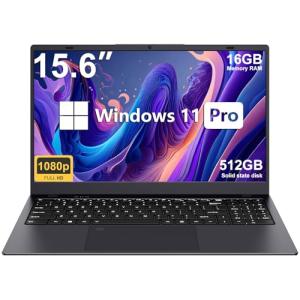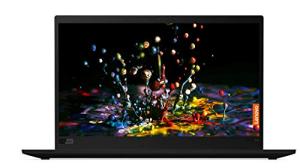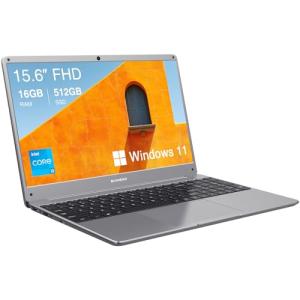Before you dive into buying a notebook, take a moment to think about what you actually need. This little exercise can save you time and help you pick the perfect one. Are you a student jotting down lecture notes, an artist sketching your ideas, or someone who just loves to write? Knowing your primary use can narrow down your options.
Consider things like size and portability. If you’re constantly on the go, you might prefer a smaller notebook that fits easily in your bag. But if you love having space to write freely, a larger format could be your best bet. Also, think about paper quality. Some people love smooth, thicker paper for sketching or writing, while others are fine with standard lined options.
Don’t forget about the binding! You have a choice between spiral-bound, stitched, or even glue-bound. Spiral bindings lay flat and allow easy page turning, while stitched notebooks can feel a bit more polished. Each type has its pros and cons, so pick one that feels right for your style.
And here’s a tip: pay attention to extras. Some notebooks come with features like perforated pages for easy tearing, pocket folders for keeping important papers, or even built-in bookmarks. Depending on your needs, these little bonuses can make a big difference. Just keep these beginner notebook buying tips in mind, and you’ll be on your way to finding a notebook that fits you perfectly.
Size Matters for Your Writing Style
When you're diving into the notebook world, size really does matter. The size of your notebook can have a huge impact on how you write, sketch, or plan your day. Different sizes serve different purposes, so let’s break it down a bit.
If you're the type who loves to jot down quick notes or doodle on the go, a smaller notebook, like a pocket-sized one, is perfect for you. You can toss it in your bag or even your pocket. It’s convenient and doesn't weigh you down. Plus, it's always ready when inspiration hits!
On the flip side, if you want plenty of room for your thoughts, consider a larger notebook. These are great for detailed sketches, bigger ideas, or just writing freely without feeling cramped. You’ll have enough space for your creativity to flow. It’s perfect if you use a lot of colors or prefer more elaborate layouts.
Don't forget about the classic A5 size, the sweet spot for many writers. It’s portable enough for your bag but still roomy for lists, notes, and drawings. This size is often recommended in beginner notebook buying tips because of its versatility. Whether you're in class, at a café, or cuddled up at home, an A5 strikes a balance between size and functionality.
Ultimately, choose a size that matches your style and needs. Think about where and how you’ll use your notebook. This way, you'll not only enjoy what you write but also make the most out of your new favorite tool!
HP Essential 15.6" Laptop for Students & Professionals
A reliable laptop that helps you stay on top of your studies or work tasks with ease
Product information
$539.00
Product Review Score
4.73 out of 5 stars
183 reviewsProduct links
Consider Paper Quality and Type
When you're diving into the world of notebooks, one of the first things to think about is the paper quality and type. Trust me, not all paper is created equal! If you’re using it for jotting down notes or doodling, you’ll want to feel good about what you’re writing on.
Consider whether you need lined, blank, or grid paper. Lined paper helps keep your writing neat, while blank paper gives you freedom to sketch ideas or maps. Grid paper is fantastic for math lovers or anyone into crafting, as it keeps everything aligned. Choosing the right type can make your note-taking experience a lot better.
Paper thickness is just as important. Thicker paper is less likely to bleed through if you're using markers or fountain pens, which can be a real game changer. Look for a notebook with at least 70 GSM (grams per square meter) for a solid feel when writing. It’ll help you avoid that frustrating moment when your pen ink becomes a shadow on the next page.
Also, consider the texture. Smooth paper can be a dream for pens, while textured paper might be better for pencils or pastels. If you're unsure, try out a few different notebooks to see what feels best for you. This is one of those beginner notebook buying tips that can really change your experience.
In the end, the right paper makes all the difference. It can inspire your creativity and encourage you to write or draw more. So, take a moment to think about the paper quality and type as you explore your options. Happy writing!
HP Essential 17.3" FHD Business Laptop, AMD Ryzen 7
Powerful performance and a stunning display make this laptop perfect for work and play
Product information
$979.99
Product Review Score
4.73 out of 5 stars
204 reviewsProduct links
Look for Features That Fit You
When you're diving into the world of notebooks, it’s all about finding the features that fit your needs. Forget about the bells and whistles that don’t serve you. Start by thinking about how you plan to use it. Are you jotting down notes in class, doodling during meetings, or keeping a journal? Each use case has different requirements.
Think about the size and type of pages you want. Some folks love a classic lined notebook for notes, while others might prefer dotted pages for journaling or sketching. If you’re always on the go, a compact size might work better for you. If you want something spacious, look into larger notebooks that give you room to breathe as you write.
Durability matters too. If you’re clumsy or plan to toss your notebook in your bag, look for options with sturdy covers. A good cover can protect your pages from damage. Plus, a solid binding will keep your pages from falling out when you’re flipping through them. You want your notebook to last as long as your ideas do.
Don’t forget about the paper quality! Some people swear by thick, smooth paper for a pleasant writing experience, while others might not notice the difference. Test a few options if you can, or check reviews on what kind of paper works best with the pens you use. This is one of the key beginner notebook buying tips that’ll make a real difference in how much you enjoy using your notebook.

